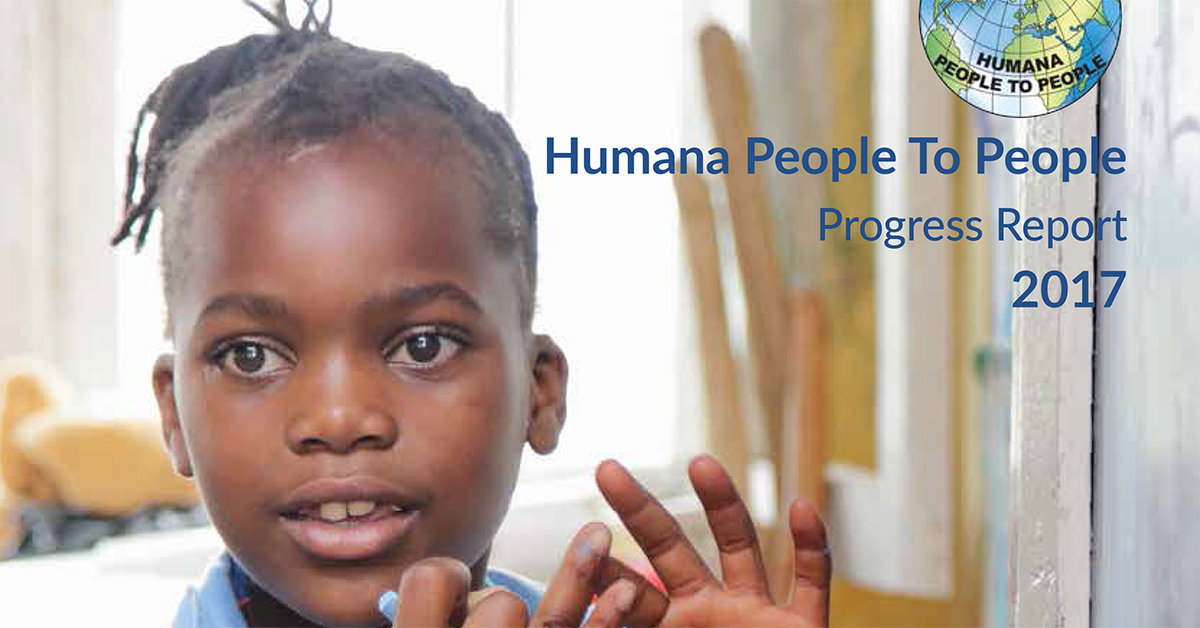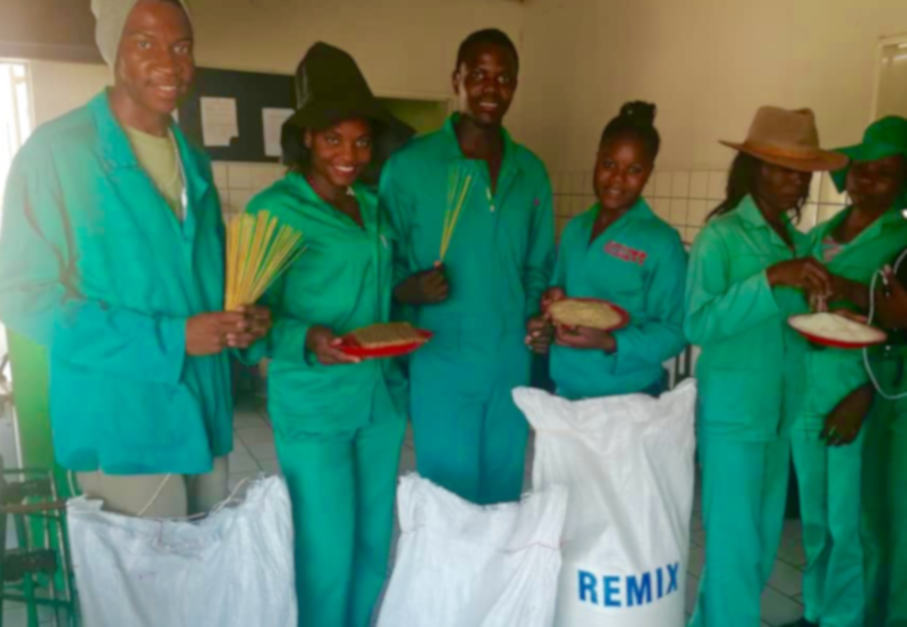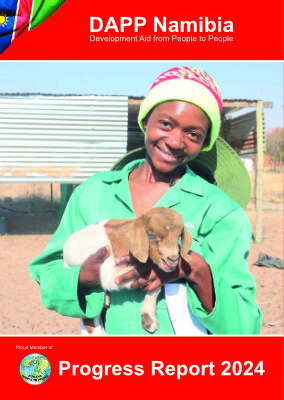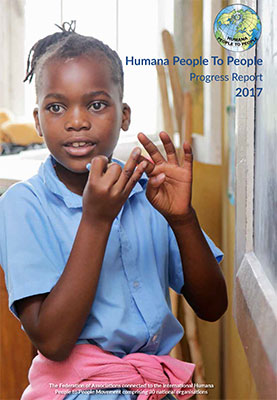 The Federation Humana People to People (Humana People to People) is pleased to release its Humana People to People Progress Report: 2017 and Beyond, demonstrating the value of its work over the past year.
The Federation Humana People to People (Humana People to People) is pleased to release its Humana People to People Progress Report: 2017 and Beyond, demonstrating the value of its work over the past year.
The report includes an overview of projects delivered by Humana People to People members, summary of major achievements, data on total projects delivered, partners worked with, people reached, case studies of particularly successful projects delivered by its 31 members and some of its plans for 2018.
2017 was both a challenging and exciting year for Humana People to People: challenging as members adapted to evolving political realities and rapidly changing development challenges; but exciting as Humana People to People grew and established new partnerships across the globe, took on new challenges, expanded interventions, learned multiple lessons and enjoyed many new experiences.
Humana People to People remains more committed than ever to combating the increasingly complex challenges and threats facing the world today: migrant crises, epidemics, the effects of climate change, food insecurity and inequality, as the international community aligns its commitments with the 17 Sustainable Development Goals (SDGs) of the UN 2030 Agenda for Sustainable Development.
You can download the full report here
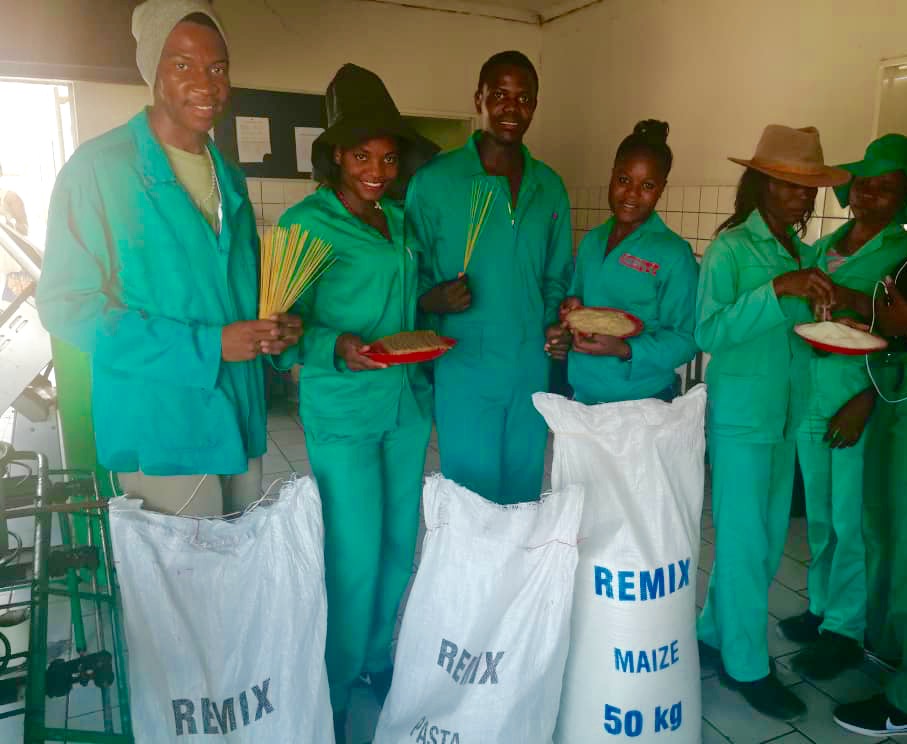
Namib Mills recently donated 210 kilograms of Namib Mill pasta, maize meal and rice products to students studying at the DAPP Vocational Training School (DAPP VTS) near Outapi in the Omusati region.
DAPP VTS is piloting a course in Agriculture and when the students needed to go for a practice period of 3 weeks to a large farm which had both animals and vegetable production, some support was needed to secure meals away from their home school.
The food donation served as a much needed aid in reducing the students monthly food budget. For example, Aune Amunyela who is a second year student at the vocational training school said;
“I am very grateful to Namib Mills that they could assist us so we could spend good time for learning a lot of new farming skills at the farm.” Aune wasn’t alone in her sentiments as a majority of the students echoed her relief and joy for this opportunity.
The course in Agriculture offered at DAPP VTS is accredited by the Namibia Qualifications Authority (NQA) at level 2 & 3. The comprehensive unit standards that form part of the curriculum require a lot of hands on experience and some theoretical understanding of basic farming methods.
While the course is aimed at training the students for Namibia’s agricultural sector, it also strives to equip the students with entrepreneurial skills that can help them to farm on their own or improve their communal farming needs.
DAPP VTS greatly appreciates the partnership with Namib Mills in our combined efforts to build Namibia’s future agricultural capacity by supporting agricultural students from rural communities.
This article is also published by: Newerra paper:
and The Namibian newspaper.
 The Federation Humana People to People (Humana People to People) is pleased to release its Humana People to People Progress Report: 2017 and Beyond, demonstrating the value of its work over the past year.
The Federation Humana People to People (Humana People to People) is pleased to release its Humana People to People Progress Report: 2017 and Beyond, demonstrating the value of its work over the past year. 


